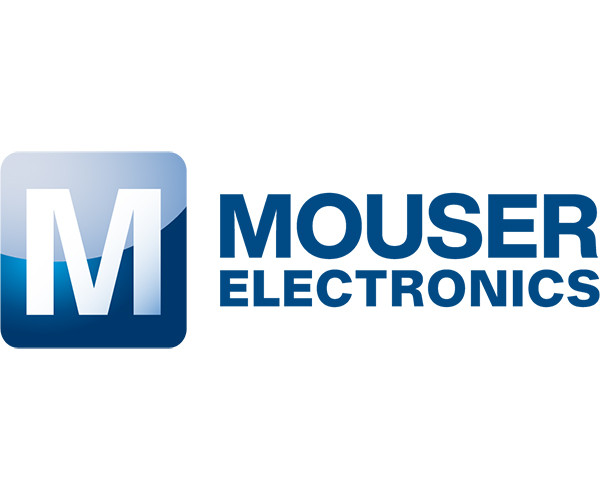Ultra low-power ultra-compact Type ZY Bluetooth Smart module
15-06-2015 |
Mouser Electronics
|
Power
Mouser is now stocking the Type ZY Bluetooth Smart module from Murata.
Hailed as one of the most compact and ultra low-power consumption modules of
its type in the industry, the Type ZY conforms to the Bluetooth low-energy
(BLE) v4.1 standard, and includes built-in protocol stacks required for many
types of Bluetooth low-energy communications. The 2.4GHz module features an
integrated system clock, an onboard PCB Antenna, low power operation, and
iBeacon support.
The Type ZY is a complete Bluetooth radio system with a low current
consumption of only 5mA at 0dBm transmit power. With 0dBm output power, this
device typically has a range of 98 feet (30 meters). This wireless
stack-on-module features a programmable application and profile framework,
and includes built-in BB, LL, L2CAP, GAP, SMP, ATT, GATT protocol stacks.
The size-optimized Bluetooth 4.1 BLE Smart module operates in a frequency
range of 2402MHz to 2480MHz.
The module features flexible programming and interface options including
UART, SPI, I2C and GPIO. This module has an operating temperature range of
-40C to +85C, and is fully RoHS-compliant and certified to FCC/IC, CE and
TELEC regulations. The ultra-compact module measures only 7.4mm x 7mm x 1mm,
and is offered in a SMD/SMT mounting style in standard reel packaging.
The module can be powered by a small 3.6V button battery, and targets
Internet of Things (IoT) applications such as health care and fitness
devices, medical equipment, Smartphone peripheral devices, remote controls,
and wireless devices.
By Electropages
Electropages is a trusted source of news and insights from the global electronics industry. With a dedicated team of experts and editors, Electropages delivers in-depth articles, product updates, and market trends across sectors such as embedded systems, IoT, connectors, and power solutions. Our mission is to empower engineers and professionals with the knowledge they need to innovate and succeed in a rapidly evolving technological landscape.


